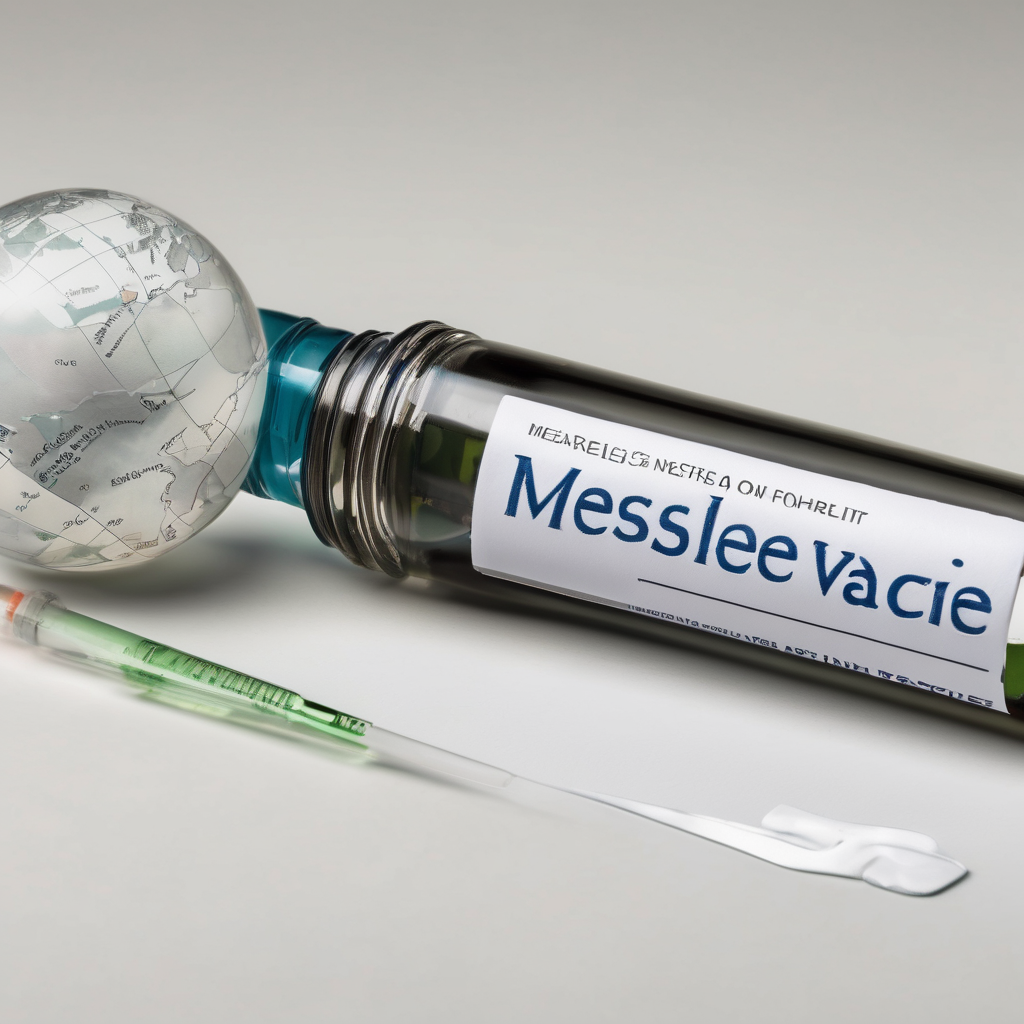The World Health Organization (WHO) has raised alarms about significant deficiencies in measles vaccination within Aotearoa New Zealand, particularly impacting Māori and Pacific communities. A recent WHO review reveals that measles vaccination rates have reached their lowest levels since 2012, which poses a threat of potential outbreaks if these issues are not effectively addressed. It was noted that only 72% of Māori children under five are vaccinated, compared to 82% for the general population, indicating troubling disparities in immunization coverage. Health experts recommend achieving a vaccination coverage of at least 95% to safeguard against outbreaks.
New Zealand previously achieved measles elimination in 2017 but encountered a severe outbreak in 2019 that resulted in over 2,000 infections and nearly 700 hospitalizations, largely among young children. Currently, eight confirmed cases of measles have been reported across regions such as Manawatū, Nelson, Northland, Taranaki, Wellington, and Auckland, heightening anxiety about possible community transmission.
Dr. Corina Grey, Director of Public Health, reiterated the WHO’s concerns by stating, “We know Māori and Pacific children are still missing out—that’s something we have to fix.” Health researcher Dr. Chris Puliuvea highlighted the lagging vaccination rates among Pacific communities, especially in areas like the Bay of Plenty, urging prompt action to eliminate these disparities. He emphasized the highly contagious nature of measles, which can infect as many as 18 individuals from just one infected person.
Dr. Puliuvea called for increased community engagement and the fight against misinformation regarding vaccinations, which became prominent challenges during the COVID-19 pandemic. He encouraged parents to ensure their children are vaccinated, even if uncertain about prior vaccination status, as completing the full vaccination schedule is vital for both individual and community health.
In light of these alarming trends, the Ministry of Health has expanded vaccination access through pharmacies, general practitioners, and health centers, while also introducing incentives for timely childhood immunizations. Dr. Grey highlighted that “every child vaccinated helps protect the whole community,” stressing the necessity for collective action to improve vaccination rates.
The proactive measures implemented, alongside initiatives aimed at raising community awareness, offer hope for closing the immunization gaps and enhancing the health of vulnerable populations in Aotearoa New Zealand. With ongoing efforts and collaboration, there is a promising pathway towards better health outcomes for all children and the establishment of healthier communities in the region.
